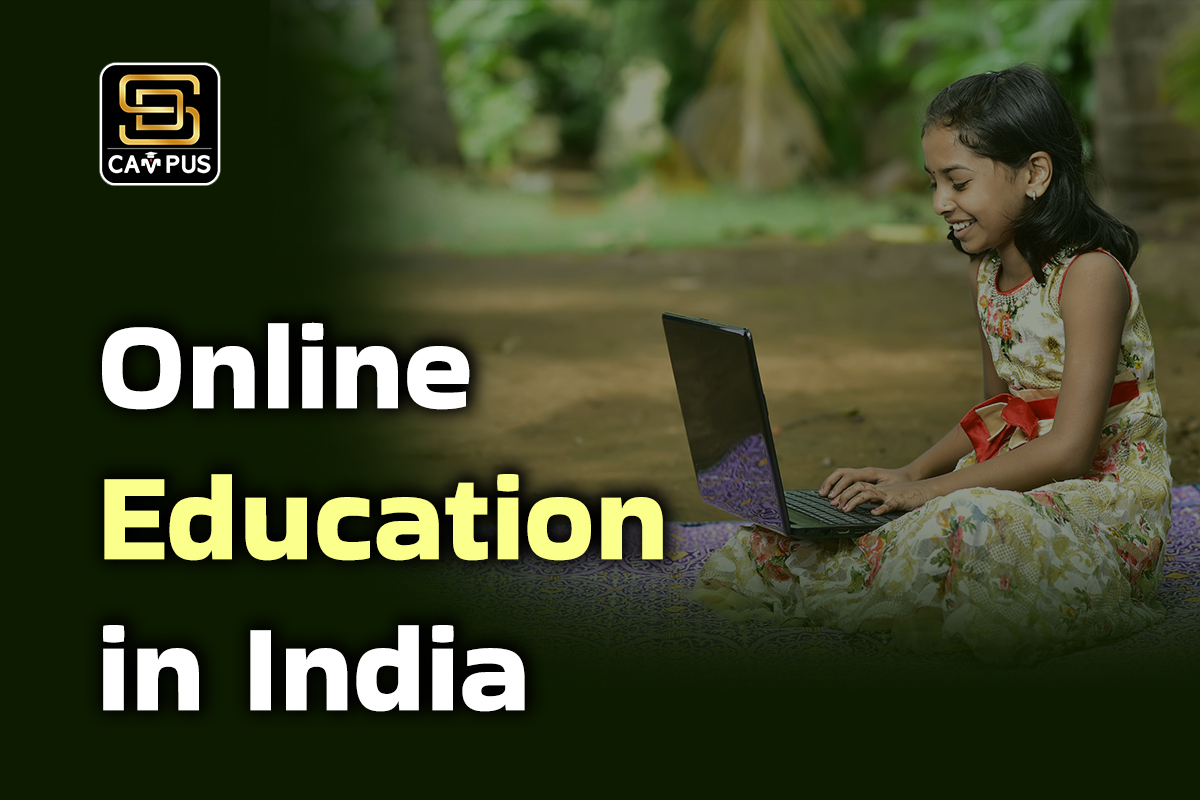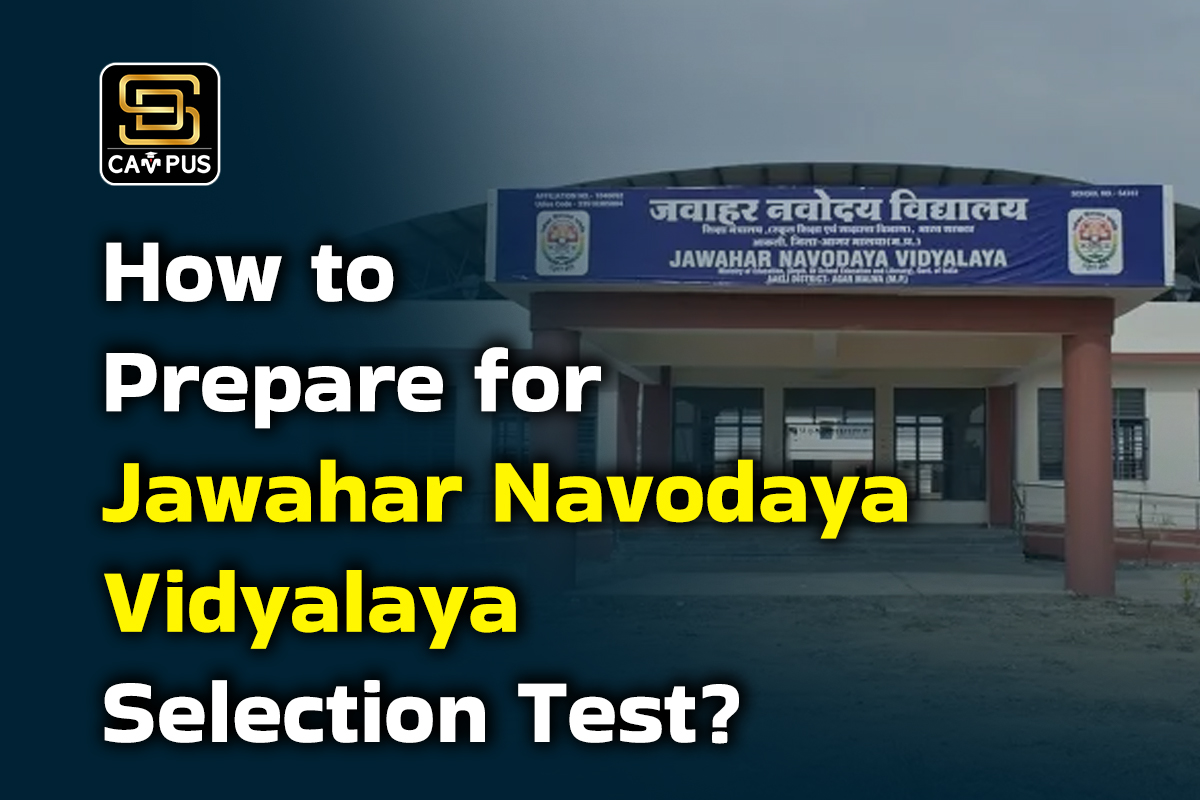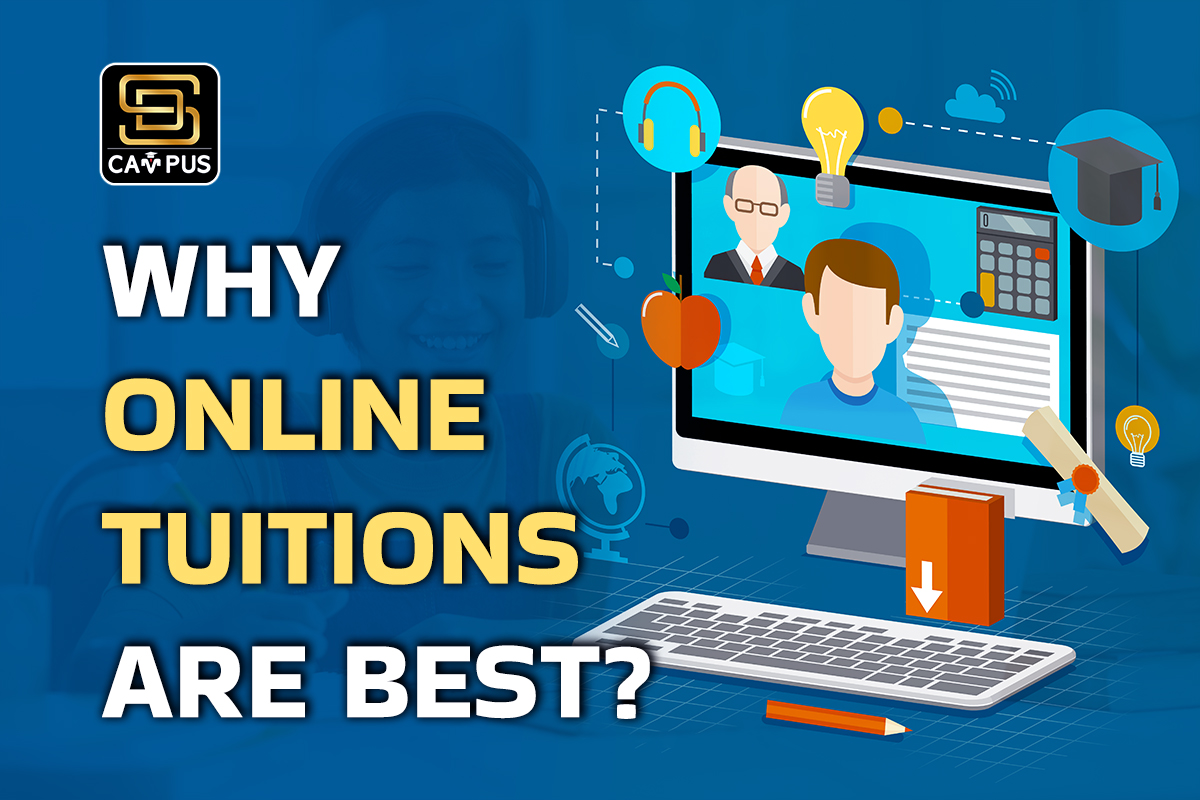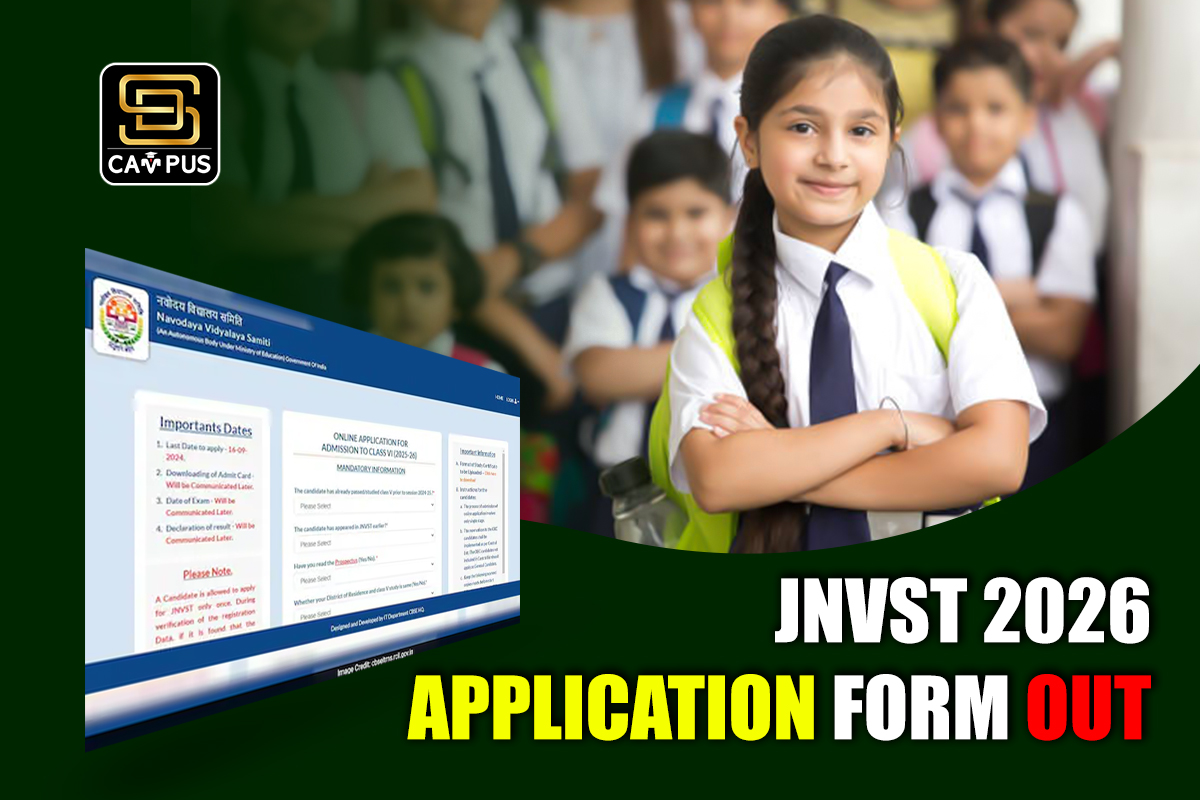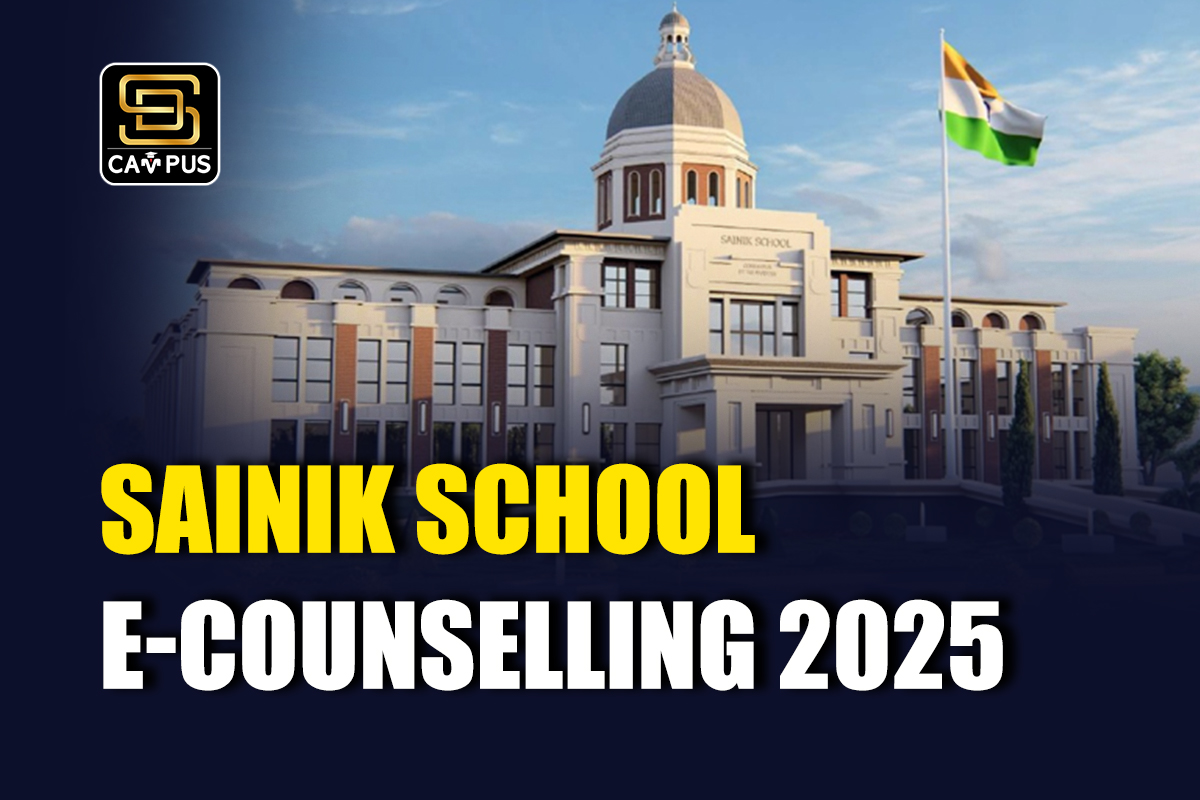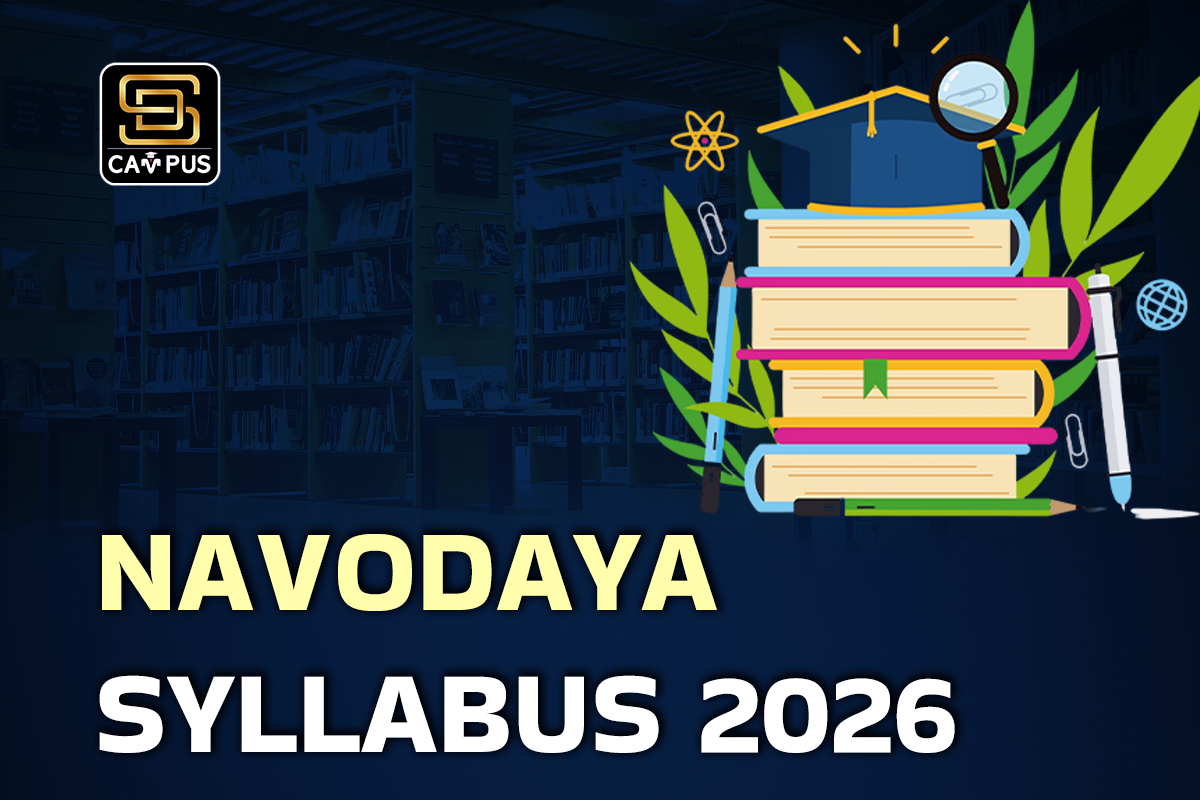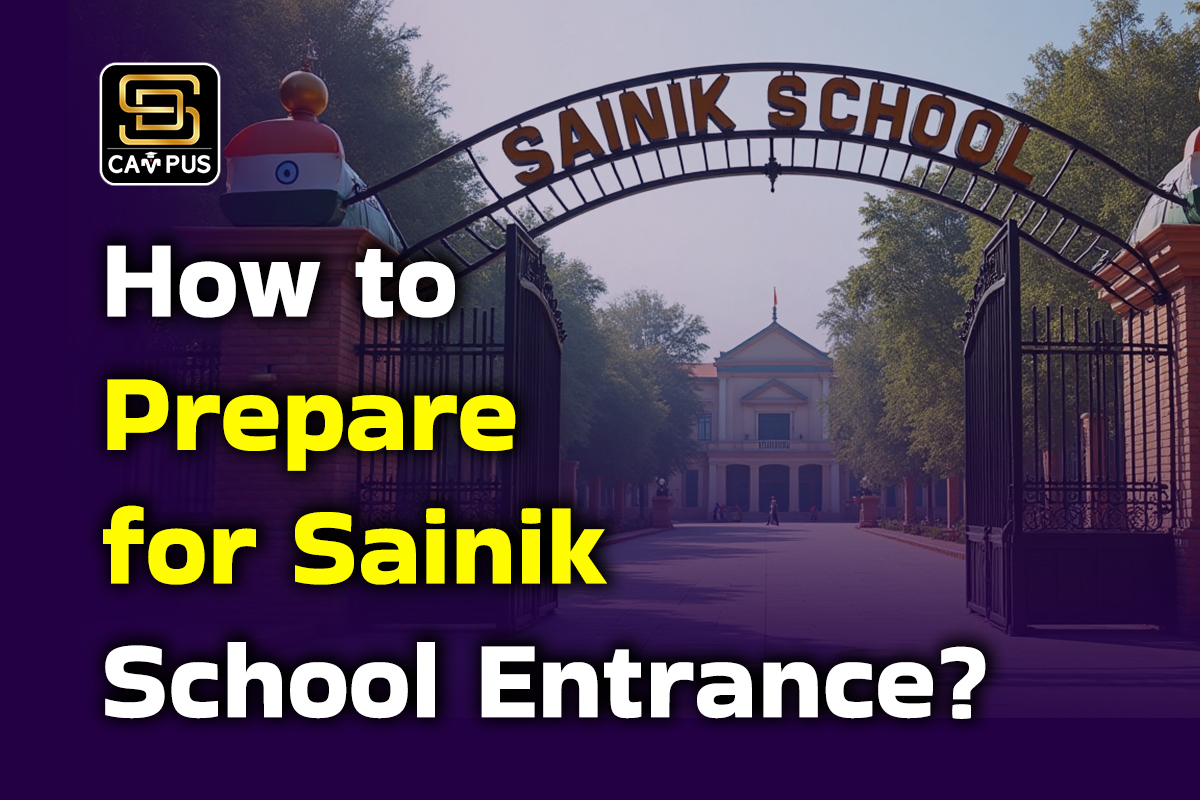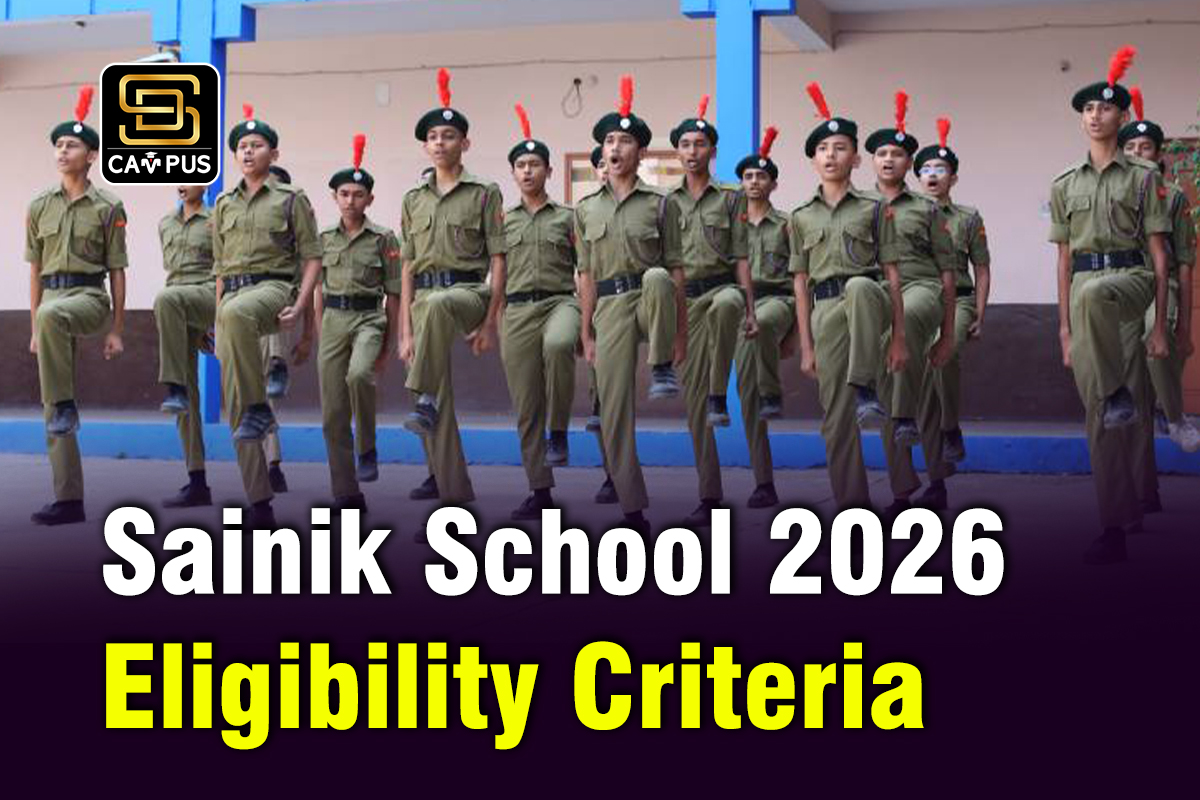Online education in India has become more popular than ever. With the rise of digital learning platforms and internet access, many students now learn from home using smartphones, tablets, or computers. For parents, understanding how online education works and how it can help their child is very important.
In this guide, we will explain what online education is, why it matters, how it helps students, and how parents can support their child in this journey. Whether your child is in school or preparing for exams, this guide will help you make better choices for their learning.
Table of Contents
Toggle1. What is Online Education?
Online education means learning through the internet using devices like computers, tablets, or smartphones. Instead of going to a classroom, students attend classes using apps or websites. Lessons may be live (in real time) or recorded. Online education can be done from anywhere, as long as the student has an internet connection.
There are two main types:
- Live online classes: Teachers and students interact in real time.
- Recorded lessons: Students watch pre-recorded videos at their own pace.
2. Growth of Online Education in India
Online learning grew very fast during the COVID-19 pandemic. Schools were closed, and online classes became the only way to continue studies. Even after schools reopened, many students and parents chose to continue online classes for extra help, exam preparation, and flexible learning.
In 2025, India will have many popular online platforms such as:
- BYJU’S
- Vedantu
- Toppr
- SD Campus
- WhiteHat Jr
- Unacademy
These platforms offer lessons for students of all age groups and classes.
3. Why Choose Online Education?
There are many reasons why online education is a good option:
- Flexible Timing: Students can study at their own pace and time.
- Learn from Anywhere: No need to travel. Learning can happen at home.
- Wide Subject Choice: Many platforms offer all subjects, including Maths, Science, English, and Computers.
- Expert Teachers: Good online platforms have trained and experienced teachers.
- Safe and Comfortable: Children are at home under their parents’ care.
4. Benefits of Online Education for Students
- Self-paced Learning: Children can learn at their own speed.
- Better Focus: Some students feel more comfortable learning alone.
- More Practice: Online platforms often offer quizzes and worksheets.
- Re-watch Lessons: Recorded videos can be watched again and again.
- Doubt Solving: Most platforms provide doubt-clearing sessions.
5. Challenges of Online Learning
Online education is useful, but it also has some challenges:
- Internet Connection Issues: Poor internet can interrupt classes.
- Distractions at Home: TV, noise, or games may reduce focus.
- Less Physical Activity: Sitting in front of a screen for long hours is not healthy.
- Lack of Face-to-Face Interaction: Students may miss meeting their classmates and teachers in person.
6. How Parents Can Help?
Parents play an important role in supporting online education:
- Create a Study Space: Make a quiet place where your child can attend classes.
- Set a Routine: Fix a daily study schedule.
- Check Progress: Talk to teachers or check the app to see your child’s performance.
- Limit Distractions: Keep away from mobile games and TV during class time.
- Encourage Breaks: Let your child take small breaks between lessons.
- Support Emotionally: Sometimes online learning feels lonely. Talk to your child often and keep them motivated.
7. Choosing the Right Online Platform
Every child is different. Parents should choose a platform that suits their child’s needs:
- Check Demo Classes: Attend free demo sessions before joining.
- See Reviews: Ask other parents or read reviews online.
- Look for Support: Choose a platform that offers teacher support and regular feedback.
- Affordable Plans: Select a plan that fits your budget.
Popular choices in India:
- SD Campus: Offers classes from Class 4 to 10, with expert teachers and easy-to-use apps.
- Vedantu: Good for live classes and doubt-solving.
- BYJU’S: Offers video-based learning with animations.
8. Online Safety Tips
- Use Child-safe Platforms: Always check if the learning website is safe and verified.
- Monitor Internet Use: Keep an eye on your child’s online activity.
- Teach Cyber Safety: Explain to your child not to talk to strangers online or share personal information.
- Use Strong Passwords: Protect login details with secure passwords.
9. Future of Online Education in India
Online learning is here to stay. With the government and private sector improving digital infrastructure, more students will benefit in the coming years. In the future, a mix of classroom and online learning (blended learning) will be common.
Online education will also offer new skills such as coding, robotics, AI, and digital tools to help children prepare for future jobs.
Conclusion
Online education in India is growing and helping students learn in new and exciting ways. It is flexible, effective, and convenient. For parents, the key is to stay involved, choose the right platform, and guide their children. With the right support, children can succeed and enjoy learning from home.
| Related Articles | |
| Class 10 Online Tuition | Why Online Tuitions are Best? |
| Best Online Tuition Platform | |
Frequently Asked Questions
Ques 1: What is online education?
Ans 1: Online education means learning using the internet through smartphones, computers, or tablets, instead of going to a school.
Ques 2: Is online learning good for young students?
Ans 2: Yes, with parent support and good platforms, online learning can be helpful and fun for children.
Ques 3: Which is the best online platform for school students in India?
Ans 3: Platforms like SD Campus, Vedantu, and BYJU’S are some of the best for Classes 4 to 10.
Ques 4: How can I keep my child safe during online classes?
Ans 4: Use safe websites, monitor their internet use, and talk to them about cyber safety.
Ques 5: Can online education replace school completely?
Ans 5: It may not replace school fully, but it can be a great support along with regular school learning.
Archna is a University of Delhi graduate. She has 2 years of experience as a Content Writer in education, finance, and tech writing. She aims to create informative, clear, and concise user-friendly content. For the SD campus, she writes for: Teaching exams, Government Jobs, and School Entrance exams.

